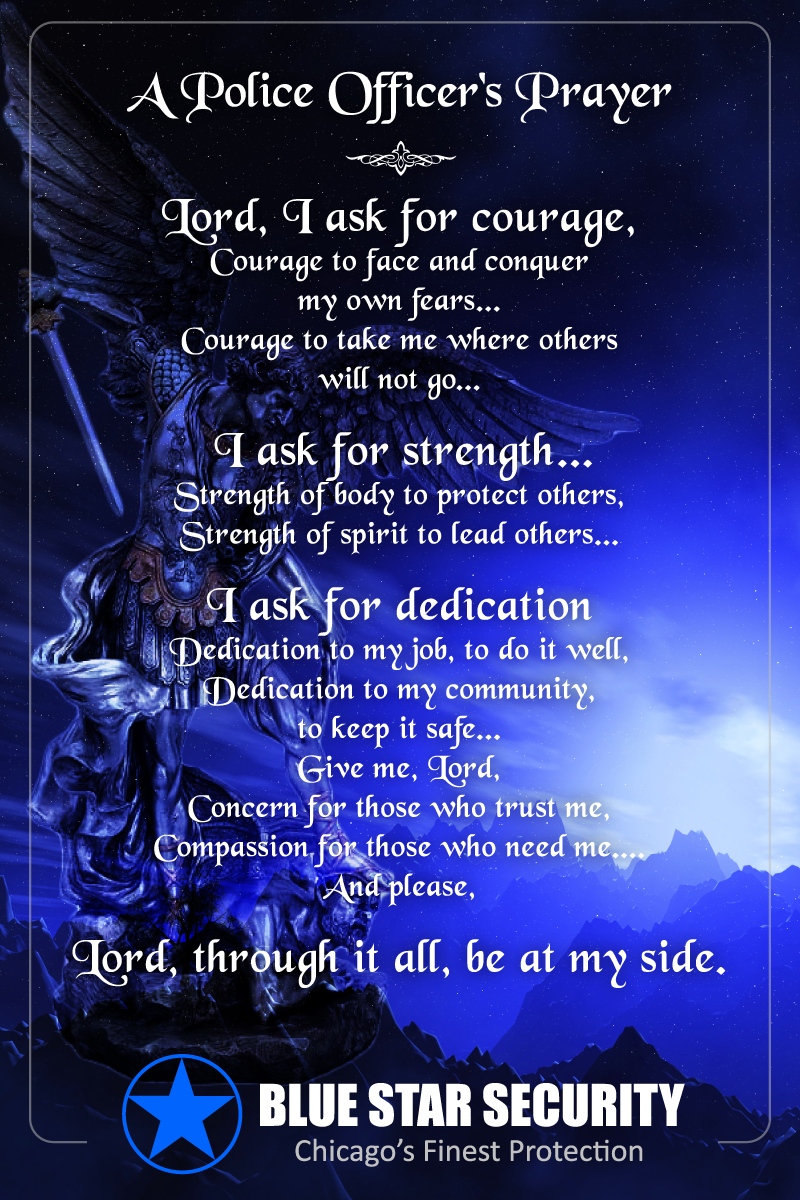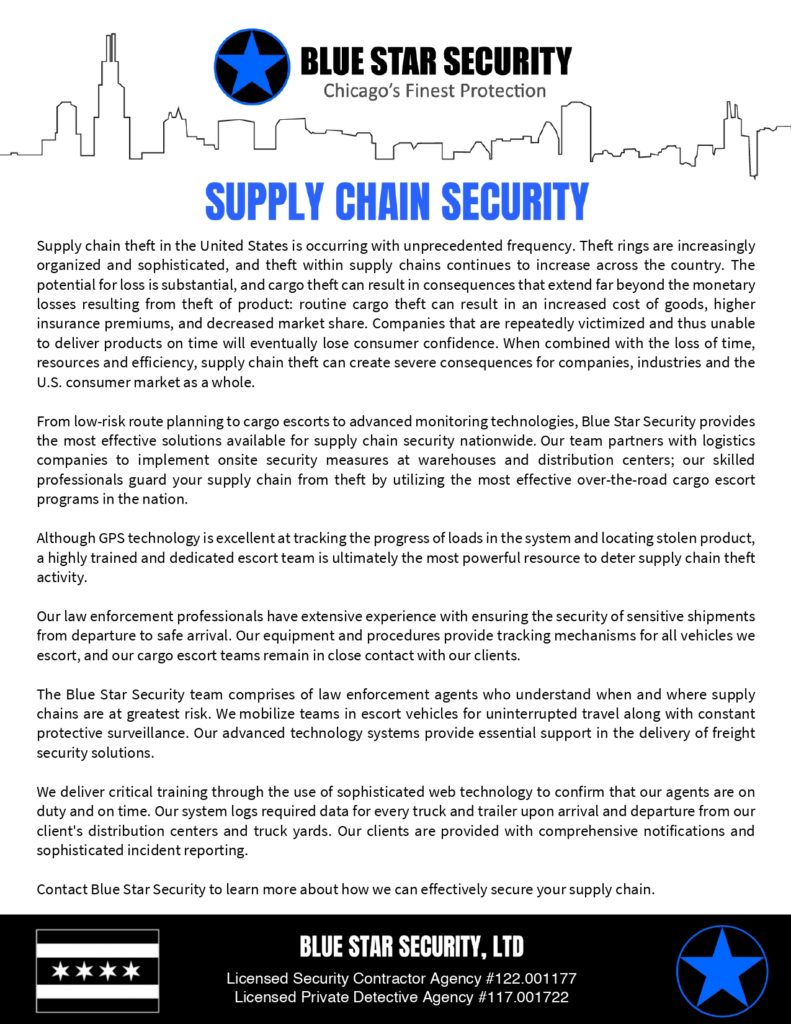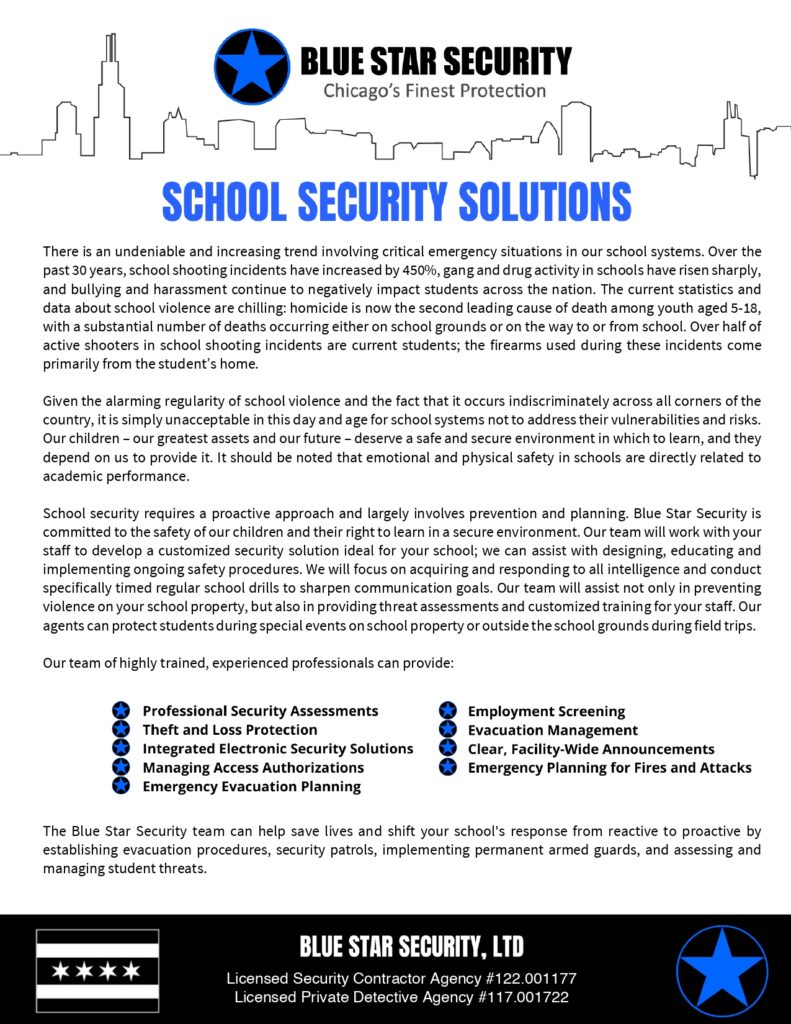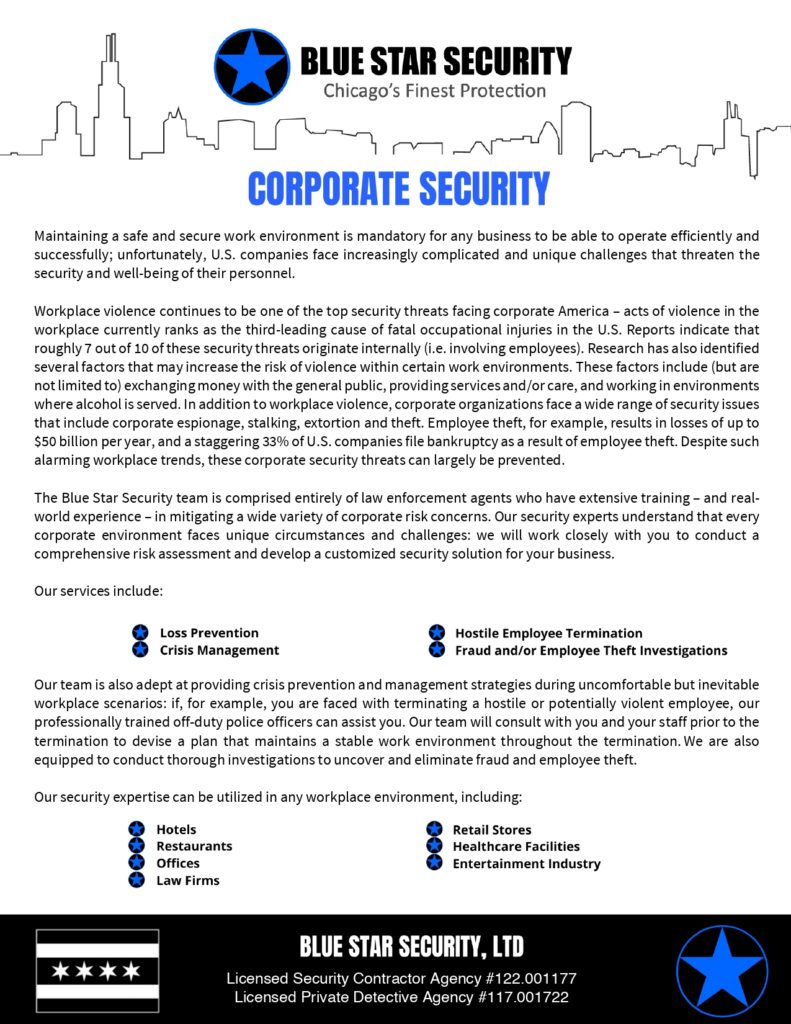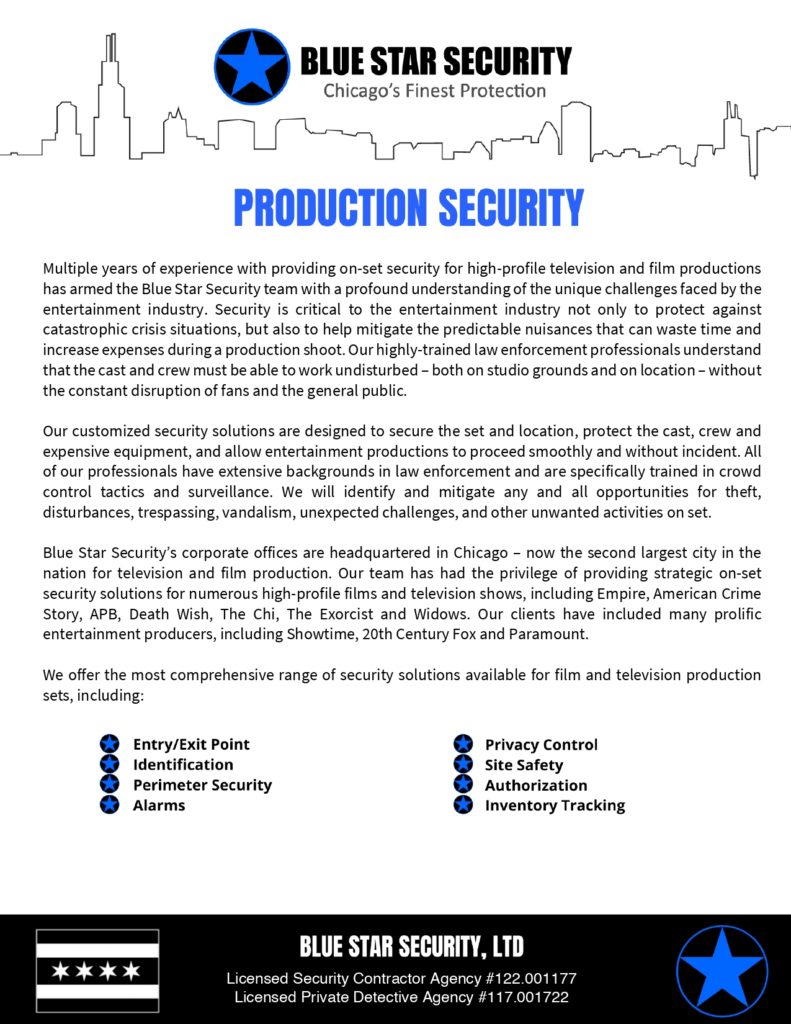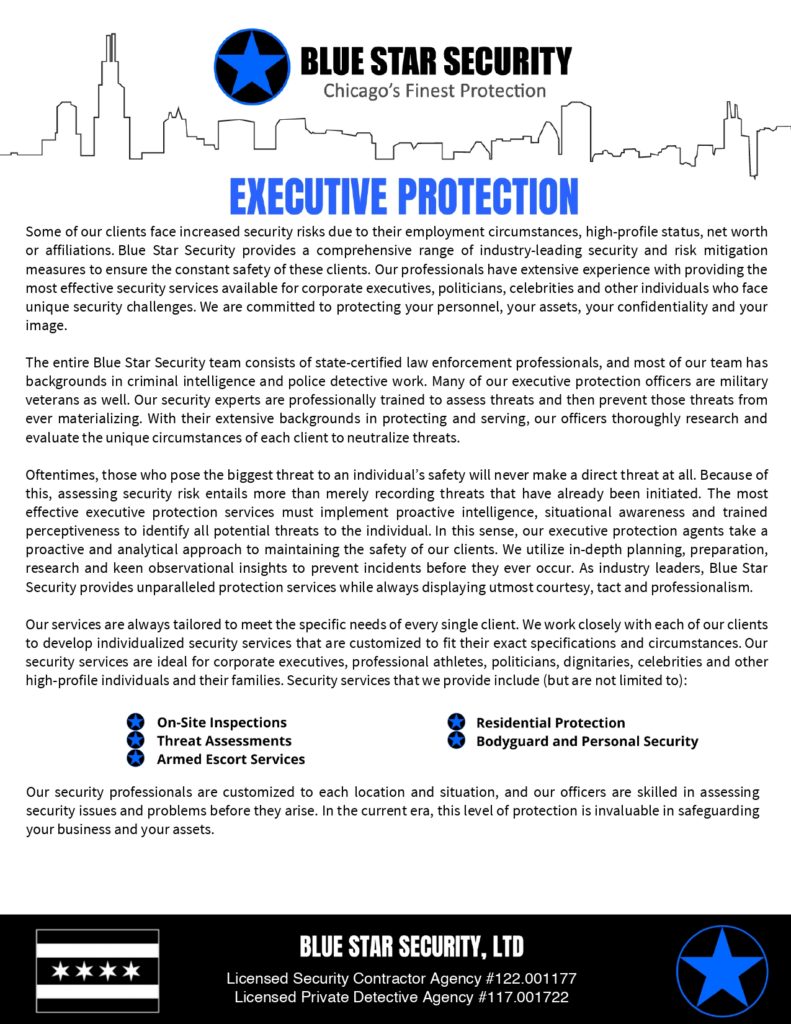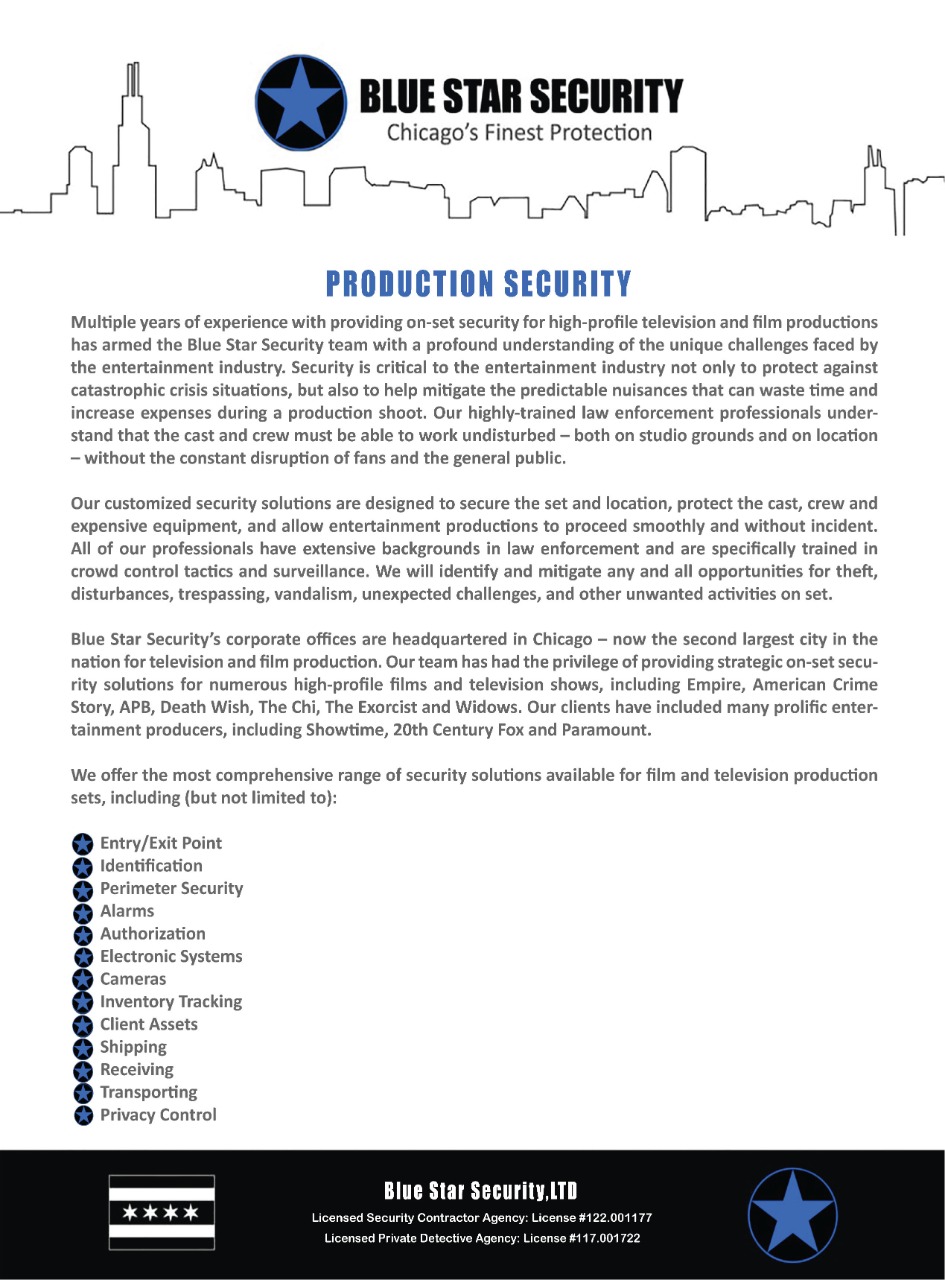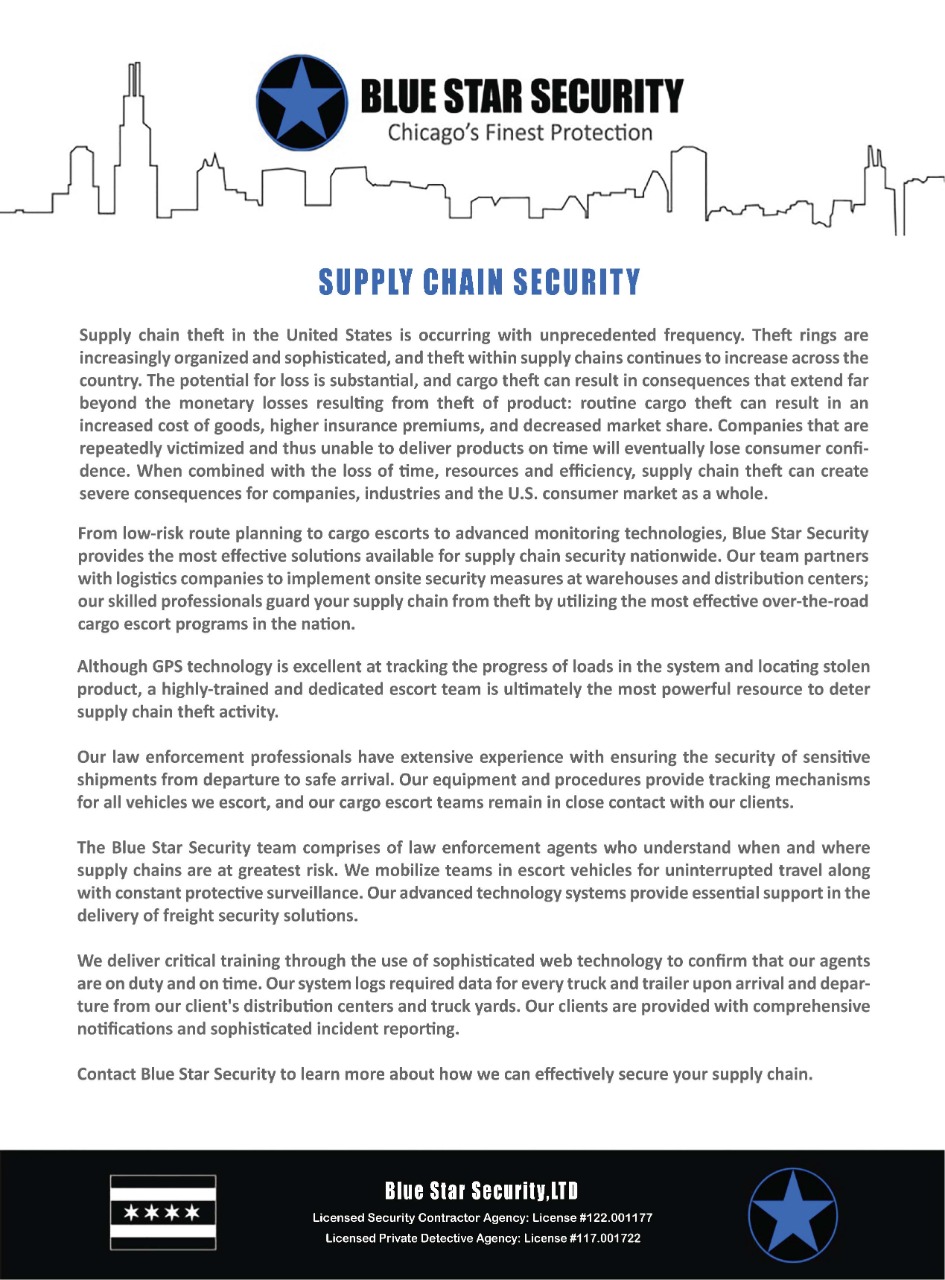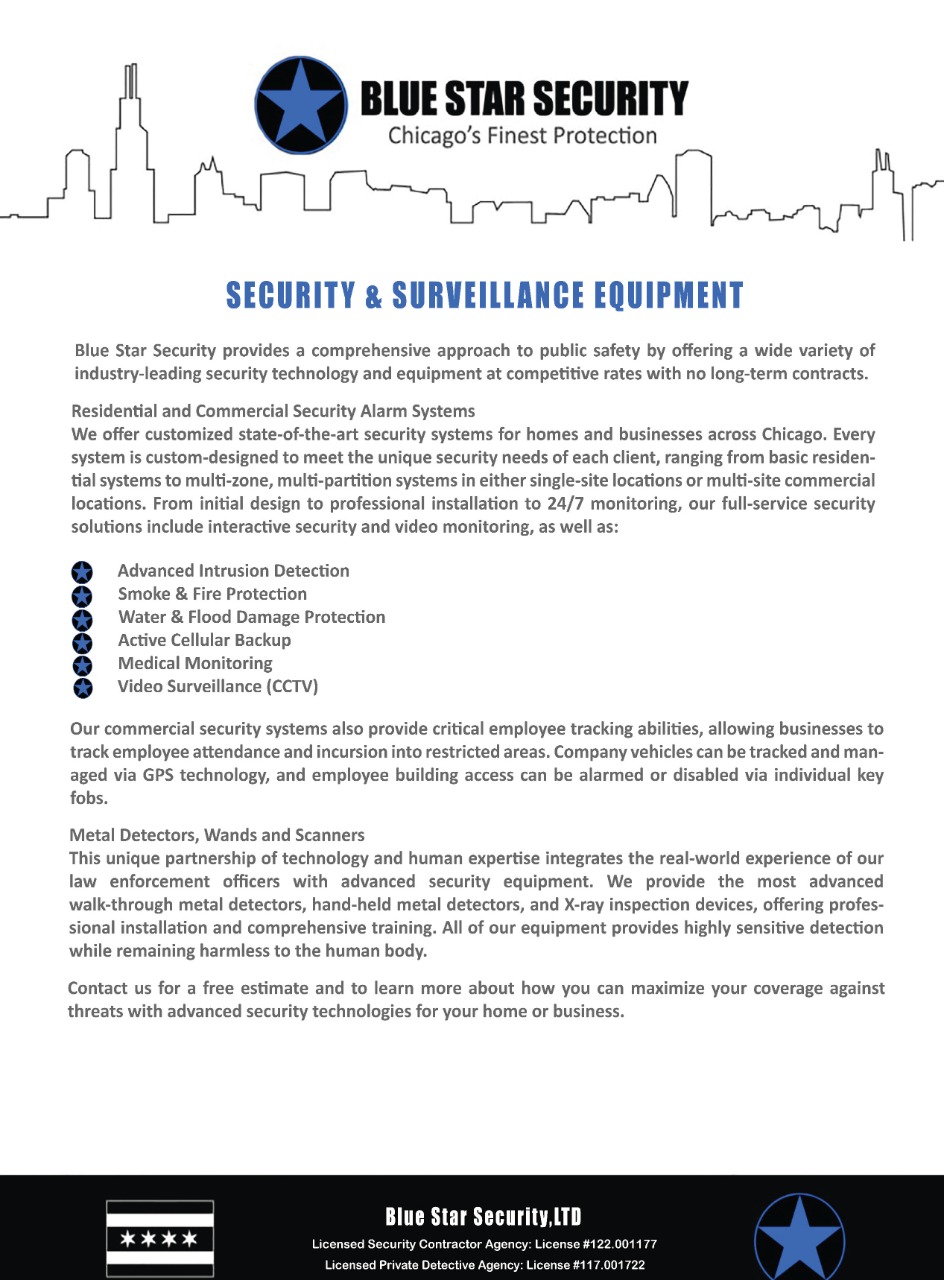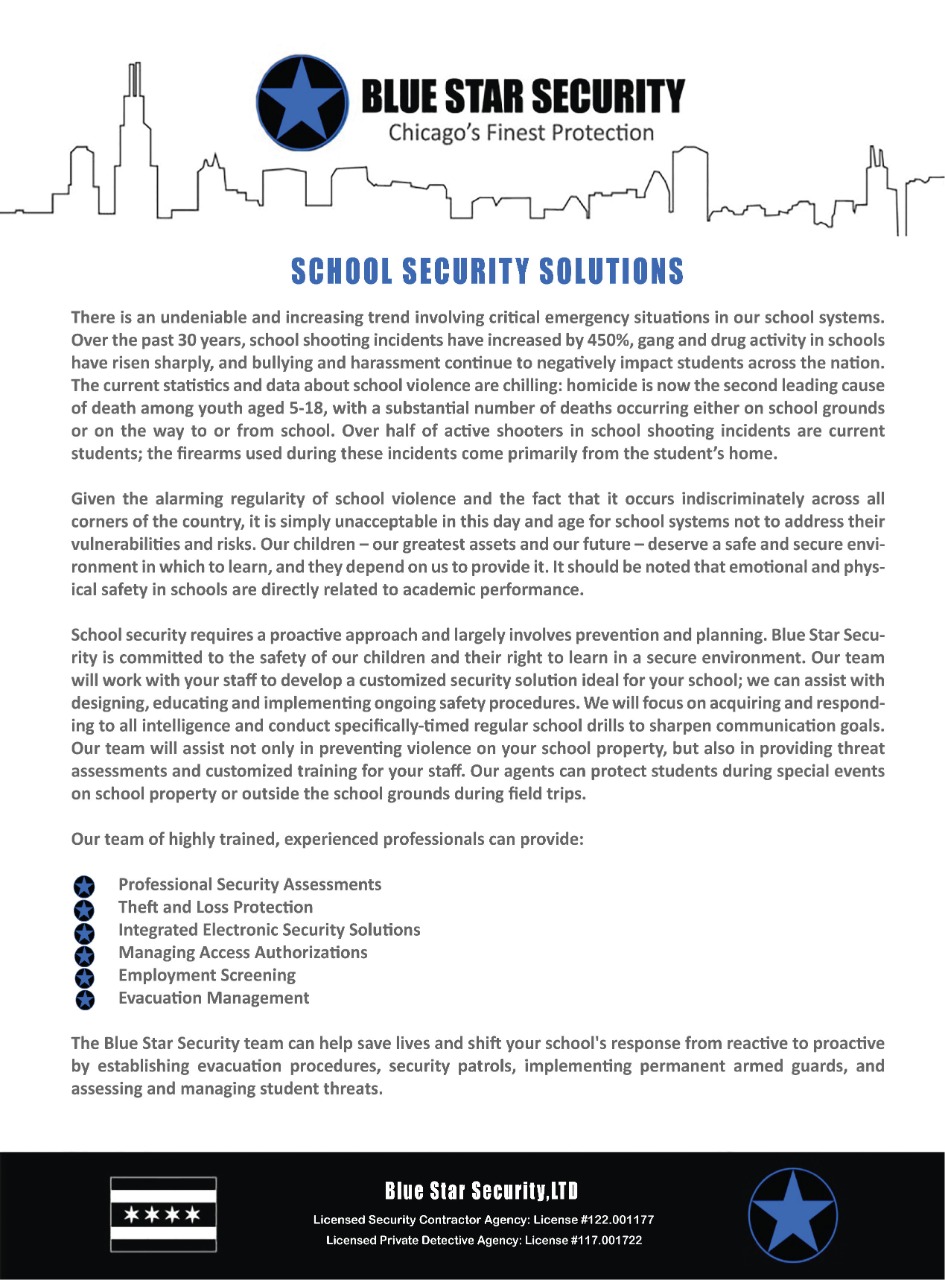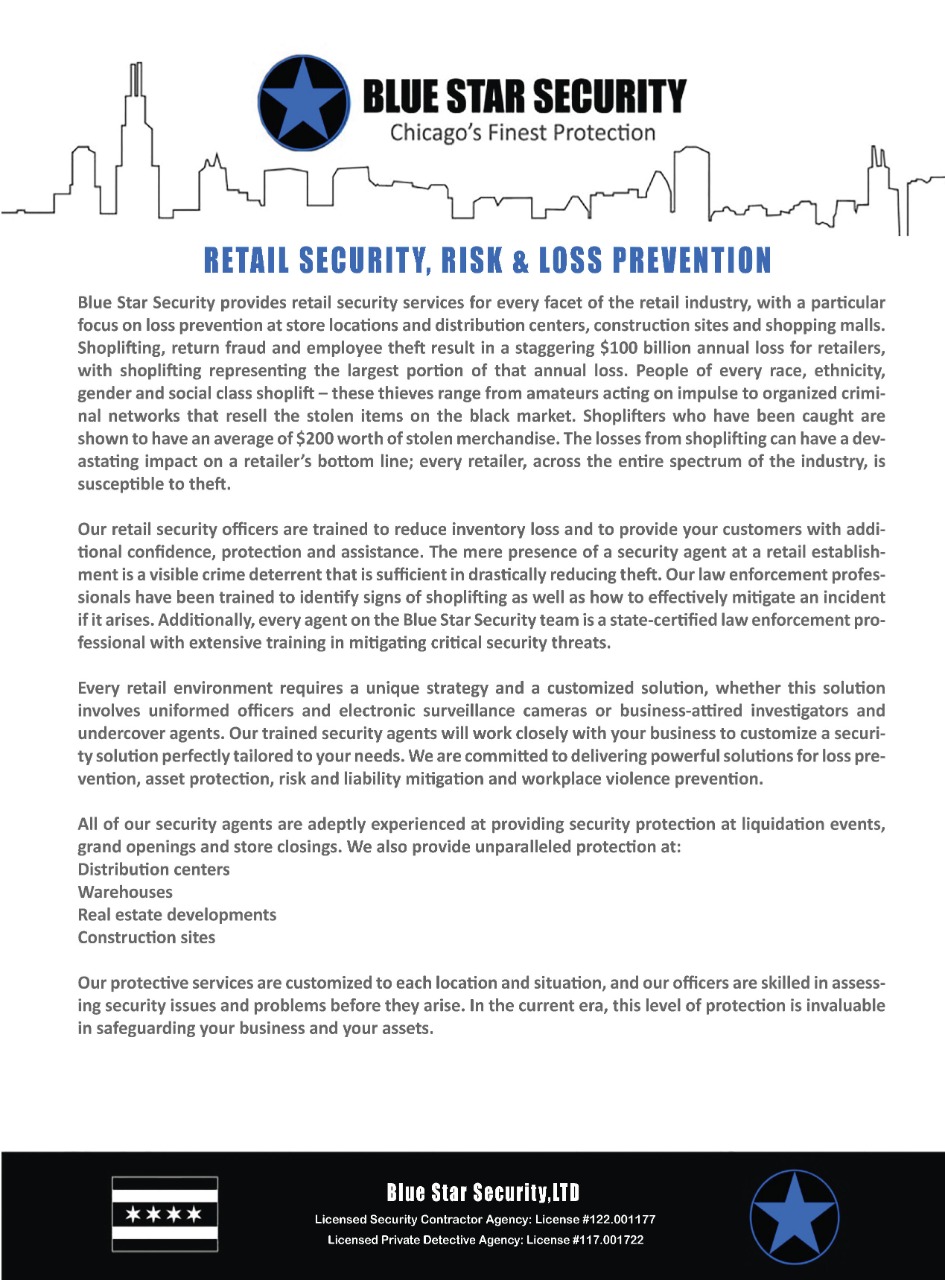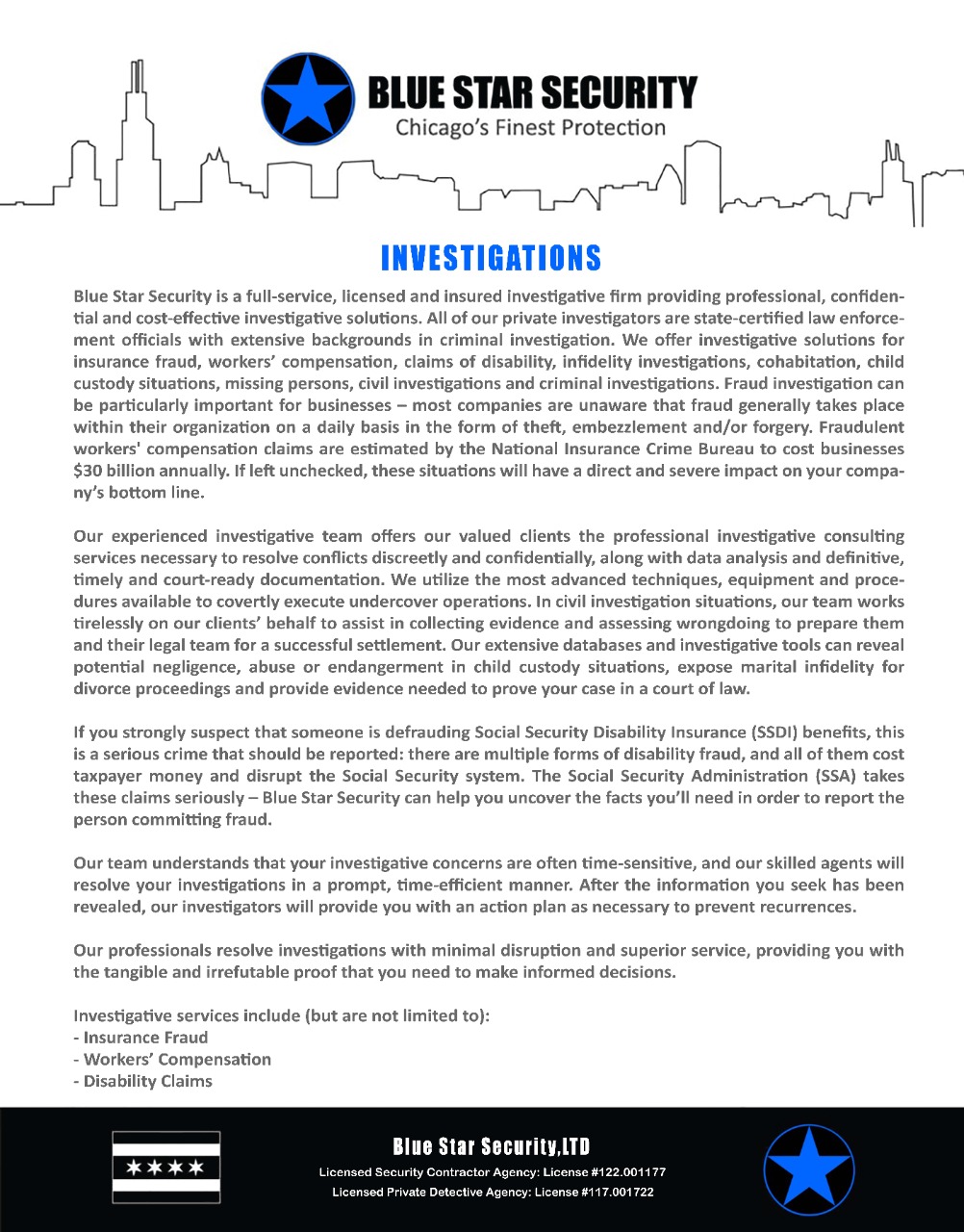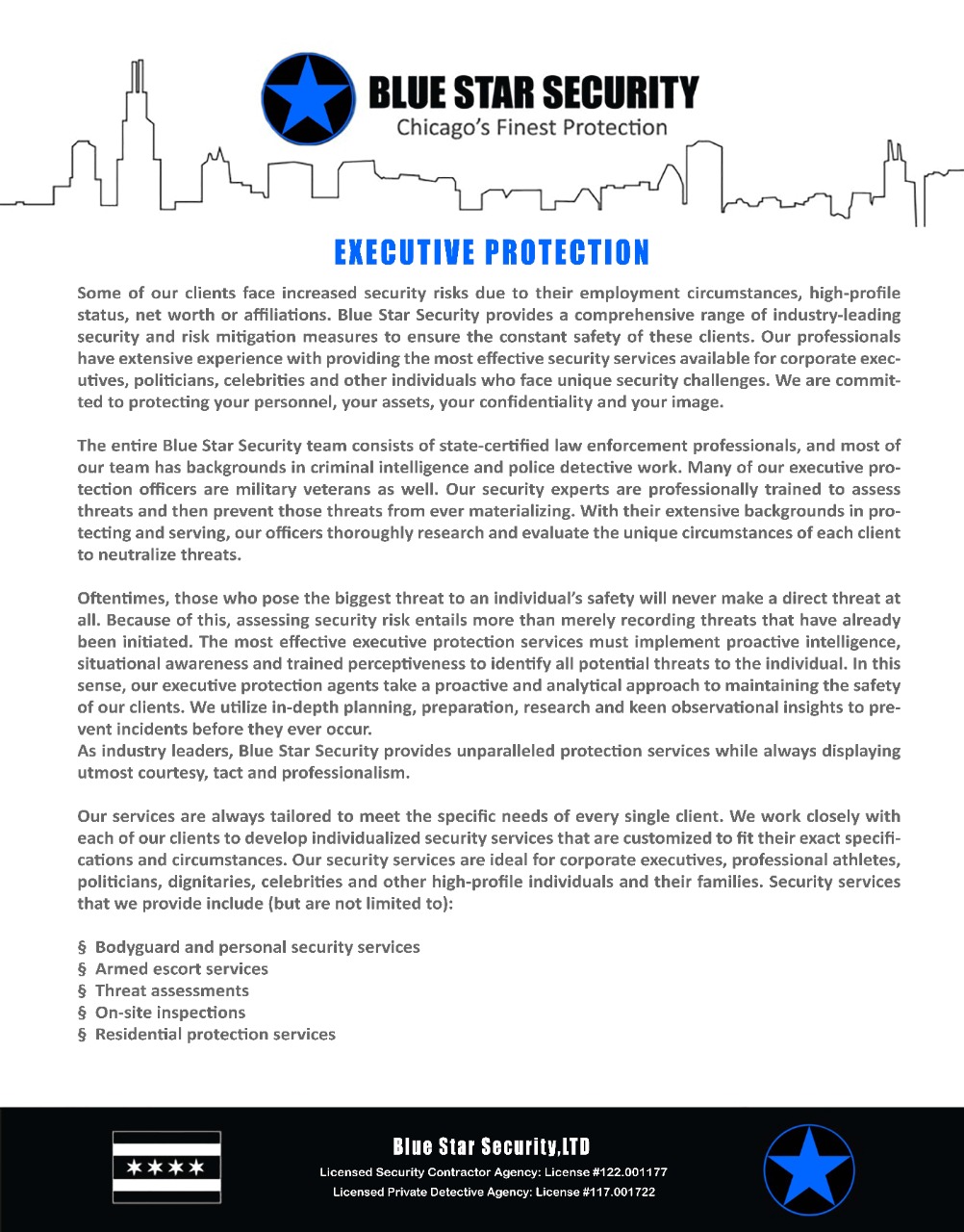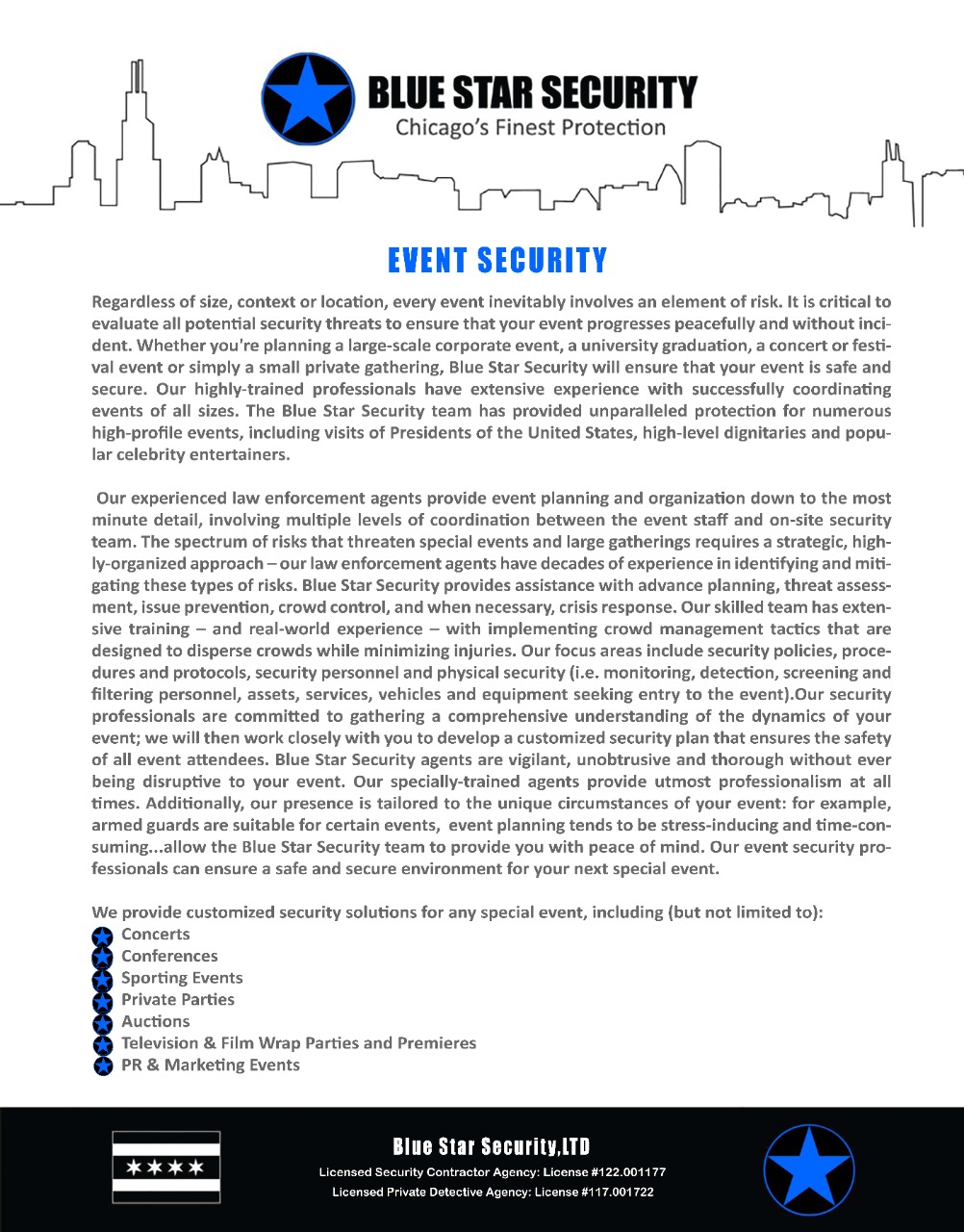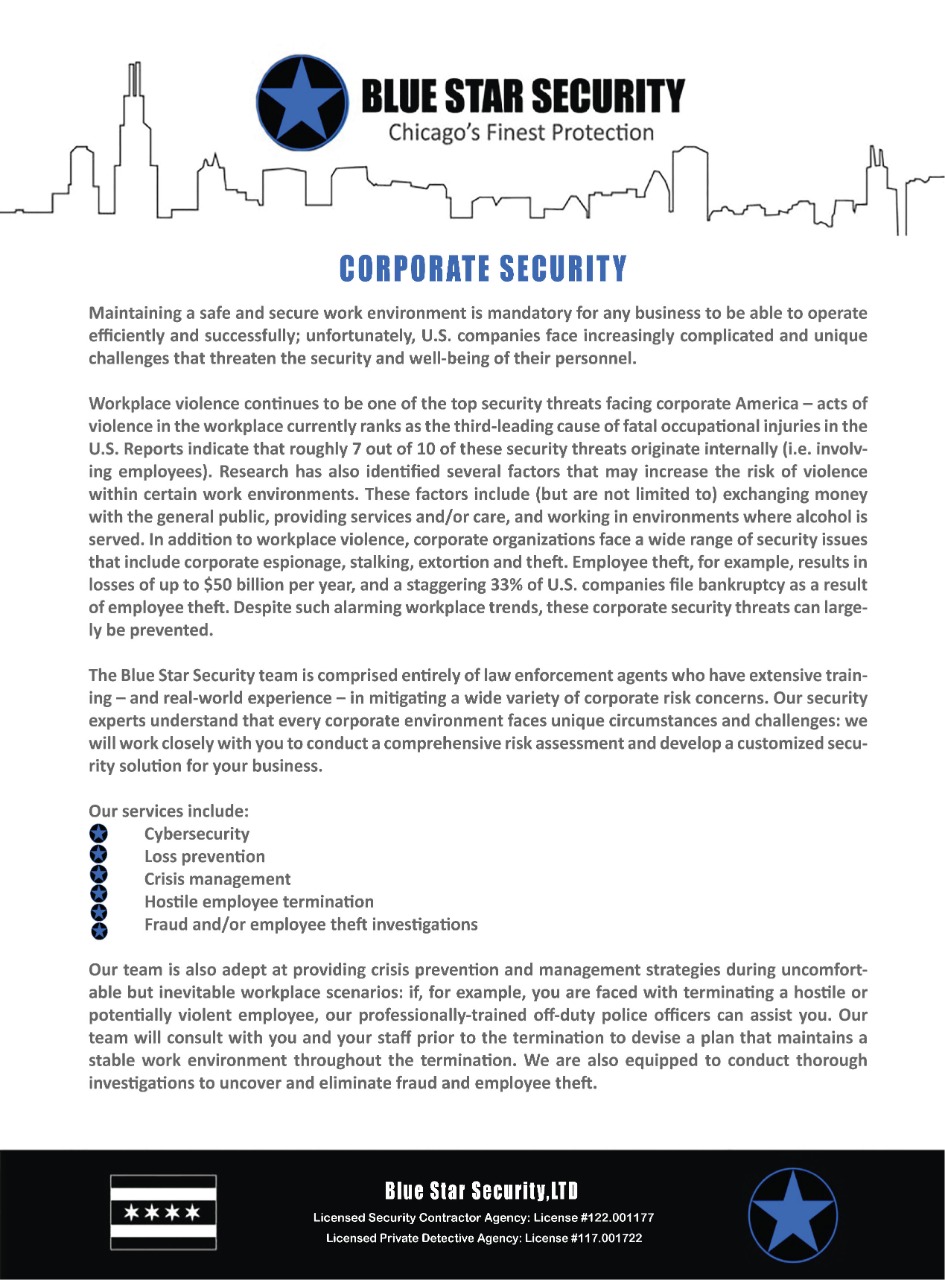Planning a special event is no easy task. From vendors to ticket sales to permits and everything in between, special events involve several moving parts and require strategic planning and preparation. Any seasoned event planner knows that preparing for a special event means having contingencies in place for almost anything. Unfortunately, there’s a lot that can go wrong at an event besides logistics.
By their very nature, events such as conferences, festivals, concerts, sporting events, fairs and fundraisers draw large crowds and can easily become easy targets for criminal activity such as robbery, theft, and assault. Security threats are present any time large numbers of people gather, and it’s the responsibility of every event host to ensure the safety of their guests.
Behind every successful special event is a security plan that has been specifically customized for the event. This plan must consider every potential security risk and have specific actions in motion to mitigate against those risks. With this in mind, it is imperative that event organizers assess safety concerns and take steps to mitigate potential risks.
Event security professionals should not only be trained to respond rapidly to security breaches and emergencies, but also to assess risks and implement strategies aimed at threat prevention. In fact, the primary objective of event security is not to respond to safety emergencies, but to prevent them from happening in the first place. Insufficient event planning, management, crowd control, event security and emergency response drastically increases the likelihood of catastrophic, life-threatening incidents.
Every event carries different risks. Event planners and security staff must consider the various activities taking place at an event and the unique risks that those activities pose. In this sense, it is critical for security to be customized for each specific event.
What Is Special Event Security?
Special events are typically defined by large crowds and are often held at venues capable of accommodating large amounts of people. When planning and managing major special events, security professionals must consider specific criteria in determining the likelihood that an event will become susceptible to undesirable activity. This criteria includes the following:
- Size of the event
- Location
- Duration of the event
- Previous threats to the event or event location
- Political, historical or symbolic significance of the event
- Nature and extent of media coverage
- Attendance or presence of VIPs, celebrities and/or dignitaries
As the number of criteria affecting threat probability increases, so does the risk for injuries, accidents, and financial loss.
Common Threats to Special Event Security
It’s important to understand the threats that pose the greatest risk to your event, and how security solutions can mitigate those risks. Here are a few of the most common security threats to consider when planning a safe and successful event.
Personal Property Theft
Guests at a special event share several characteristics that make them attractive to thieves and criminals: they may be drinking and less aware of their immediate surroundings, stay out later than usual, and/or carry cash and other valuable items. Special events also tend to draw guests to unfamiliar areas, and they may inadvertently make decisions that increase their risk of victimization (i.e. parking in a high-crime area). Pedestrians may take less familiar and riskier routes. Daytime events are equally vulnerable to incidents of theft.
Equipment Theft
Special event planners often find that their focus and attention is divided between countless elements throughout the course of the event. It is impossible for a special event planner to be constantly vigilant, but there can be serious repercussions when attention to security wanes. Audio/Visual, camera, and music equipment tend be expensive. Items such as laptops and microphones are ideal targets for theft since they are small and easy to conceal. Because of the low recovery rates for equipment, a proactive theft prevention plan is imperative for any event site.
Access Control
Access control and effective crowd management are critical components of effectively securing a special event. It is vital to be able to differentiate between spectators or guests that have paid or have tickets to enter an event and performers, officials, VIPs, and others. While simple access control systems may work well enough for a controlled environment such as a movie theater, the same cannot be said for larger venues and events which tend to be more chaotic. Neglecting the issue of access control can lead to a poor experience for event guests, significantly increase staffing costs, and create multiple security issues.
Crowd Control
Crowds are complex social structures that can become overwhelming and problematic very quickly. With any large event turnout comes a large amount of responsibility for event planners. Venue managers and staff all have a duty to their guests to provide a safe level of crowd management. This is first and foremost vital for the safety of event guests.
Other crowd control challenges include:
- Enforcing alcohol violations
- Anticipating problems caused by unruly guests
- Handling lost children
It should be noted that the presence of alcohol can turn even the most docile crowds into unruly mobs. Events where alcohol is being served and where overindulgence is possible require additional security precautions.
Disorderly Conduct
Petty disturbances caused by unruly guests can have a serious impact on the enjoyment of other event guests. Common problematic behavior at special events includes guests who:
- Take unauthorized video or audio recordings
- Block aisles, doorways, and emergency exits
- Initiate fights with other event guests
- Refuse to cooperate with security requests
- Enter without a ticket or credential
Alcohol intoxication increases the likelihood that a guest could become problematic.
The Consequences of Insufficient Special Event Security
There are a number of serious risks involved with insufficient security planning, which include but are not limited to:
- Injuries and loss of life
- Property damage
- Higher insurance premiums from claims and lawsuits
- Increased operating costs or loss of revenue
- Major event disruptions
- Reputational damage
- Problems for future events, as sponsors, vendors and patrons may not attend
Having a security presence at an event not only provides a sense of comfort and safety for attendees, but it also demonstrates professionalism, particularly in the case of corporate events and conferences. Providing event security and protection shows potential business partners, investors, and associates that their well-being and best interests are important and have been taken into consideration.
Mitigating Security Threats at Special Events
It is impossible for anyone to plan for every contingency, but a careful assessment and analysis of a special event helps to determine how much security is needed and where. Any experienced event planner knows that ‘expecting the unexpected’ is a critical component of staying in control of an event and maintaining an event that proceeds smoothly. Although you cannot eliminate all special event security threats and risks, you can greatly minimize the chances of them occurring.
If you’re planning a special event, contact the Blue Star Security team to discuss a customized solution for your event security needs.
Contact our event security team to discuss a customized plan for your next special event: call us at 708-669-7470 or contact us online at https://bluestarsecurityllc.com/contact-us/
Learn more about our event security services at https://bluestarsecurityllc.com/services/event-security/






